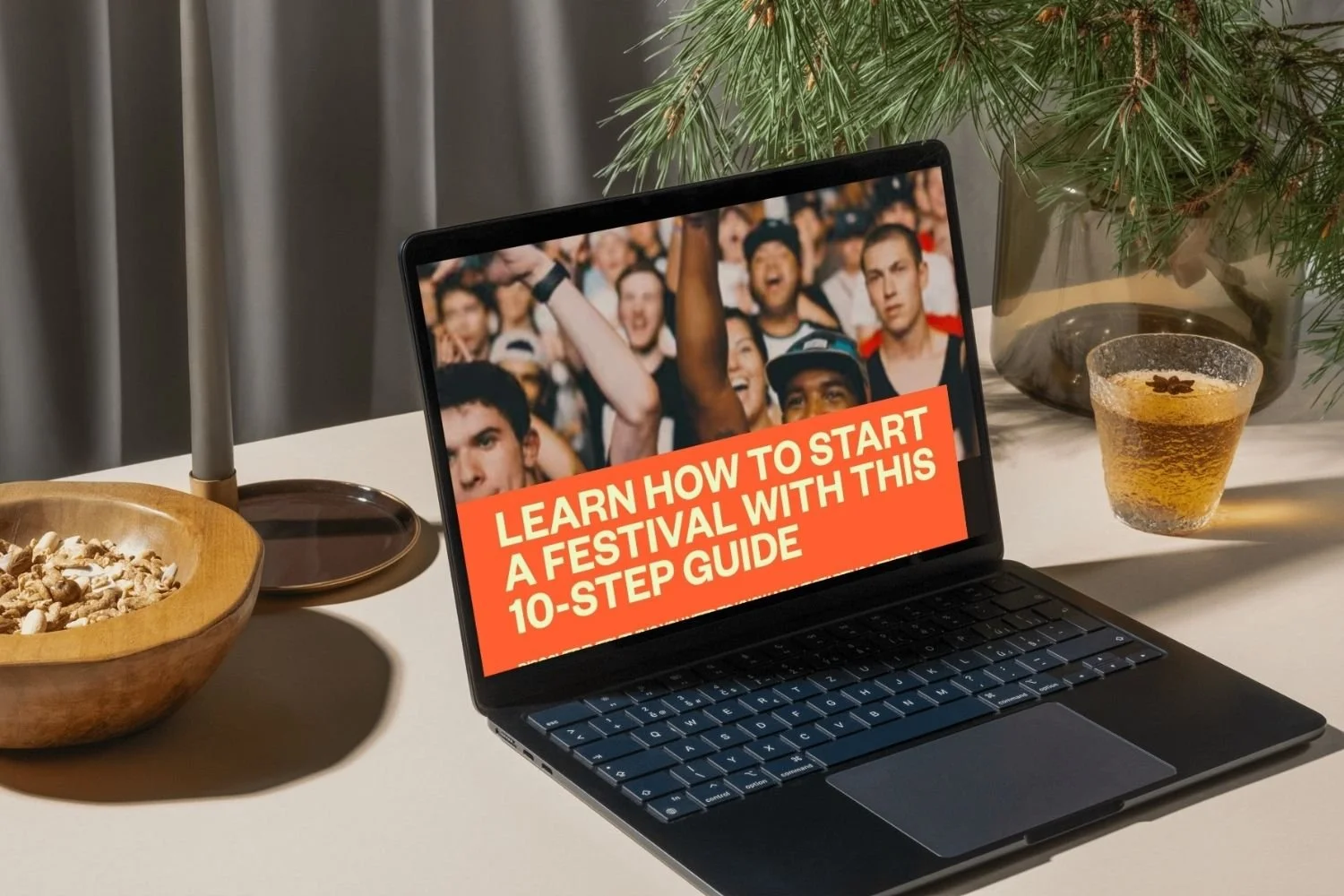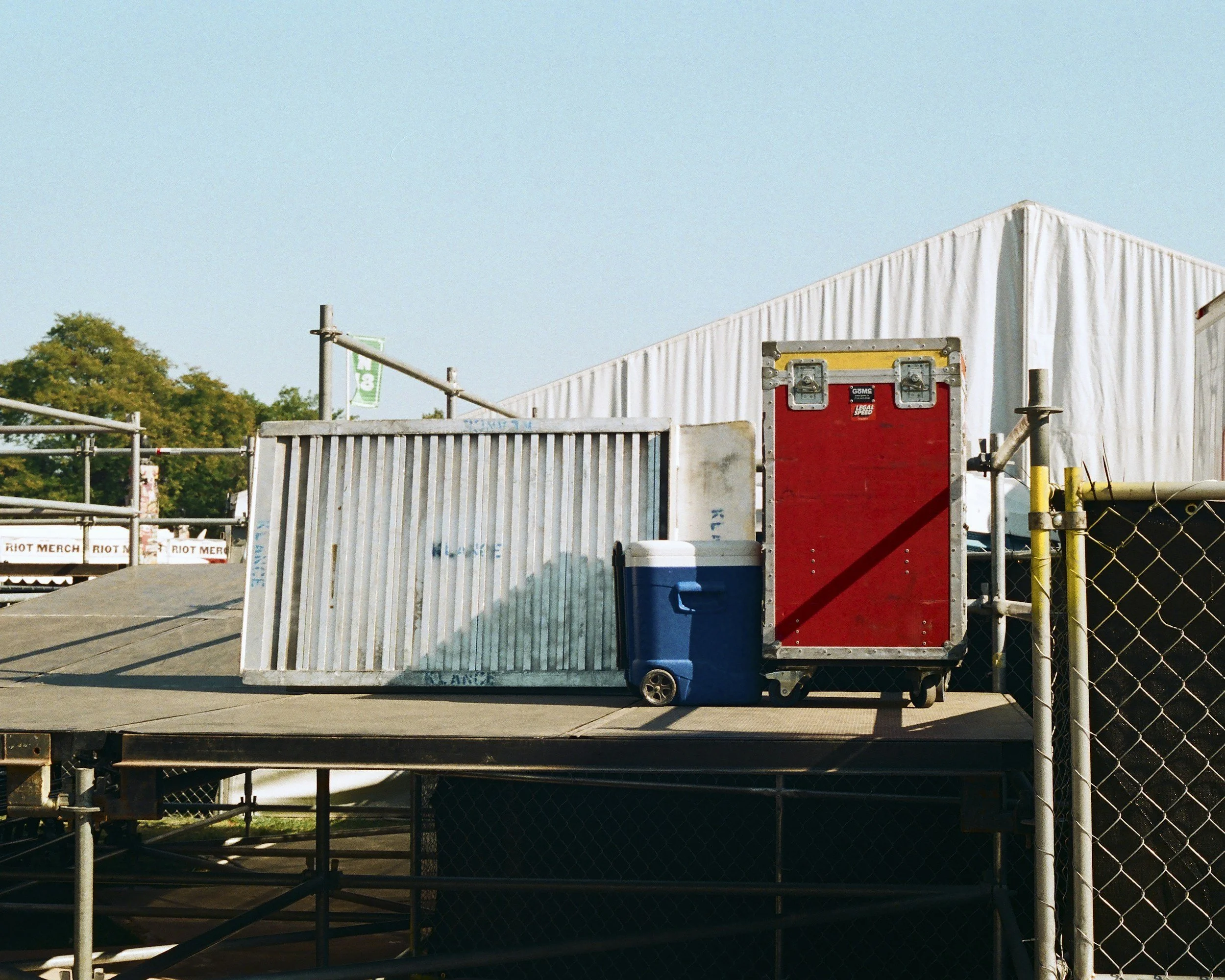Event Roles Explained: Who Does What?
Planning an event is a team effort. But too often, teams jump into action without clearly defining who’s responsible for what.
The result? Overlap, confusion, missed tasks, and those dreaded moments where everyone assumes someone else was handling it.
Whether you’re leading a large team or working with a handful of freelancers, assigning clear roles from the start is one of the smartest things you can do.
In this article, we break down the core roles in event planning, what each one is responsible for, and how to avoid crossed wires on event day.
The Core Event Roles
While every event is different, most successful teams include a version of the following roles. Sometimes one person wears multiple hats. Other times, you’ll have a dedicated person (or team) for each.
1. Event Manager / Event Director
The captain of the ship. This person is responsible for the overall vision, schedule, delivery, and budget.
Typical responsibilities:
Setting event objectives
Managing the timeline and budget
Briefing the team
Liaising with stakeholders
Making final decisions
Pro Tip: Even if the team is small, someone needs to take on this role to provide direction and accountability.
2. Operations or Logistics Manager
This role makes the plan happen. They handle the nitty-gritty details that keep the event running smoothly.
Typical responsibilities:
Bump-in and bump-out planning
Venue and infrastructure coordination
Supplier and vendor logistics
Access, delivery, power, waste, fencing
On-site troubleshooting
3. Production Manager (AV, Lighting, Staging)
In charge of the technical elements of the event— everything that involves gear, power, performance, and production schedules.
Typical responsibilities:
AV and lighting equipment
Stage builds and rehearsals
Technical run sheets
Managing crew and rehearsals
Cueing the show
Pro Tip: For smaller events, this may be rolled into the Operations role, but it requires very specific skills.
4. Marketing & Communications Lead
Responsible for getting people to the event and keeping them informed along the way.
Typical responsibilities:
Event branding and messaging
Website and ticketing platforms
Social media and digital marketing
Signage and wayfinding
Stakeholder and audience comms
5. Safety & Risk Manager
This role ensures that your event is safe, compliant, and covered in the event of an incident.
Typical responsibilities:
Developing risk assessments and safety plans
Managing emergency response procedures
Coordinating with council or authorities
Monitoring crowd management
Ensuring compliance with legal obligations
6. Volunteer or Staff Coordinator
If you have a team of casuals or volunteers, you need someone keeping them informed, equipped, and engaged.
Typical responsibilities:
Recruitment and onboarding
Training and briefing
Rosters and check-ins
Communication on event day
Managing welfare (meals, breaks, uniforms)
7. Creative Producer / Program Curator
If your event includes performances, activations, or speakers, this role shapes the content and experience.
Typical responsibilities:
Booking artists or speakers
Curating the event schedule
Managing show calls and transitions
Coordinating MCs and presenters
Ensuring program flows with the overall event vision
Other Roles You May Need
Ticketing & accreditation staff
Catering & hospitality managers
Accessibility coordinators
Sustainability officers
First aid or medical team
The right mix depends on your event’s scale, format, and audience but every task must have a clear owner.
Shop Event Kit
Created by an award-winning event pro who’s delivered festivals for 100,000+ attendees. No subscriptions, no locked platforms — just real templates in Word and Excel you can use today.
Want more practical event planning tips? Bookmark these extra guides.
How to Build an Event Day Timeline
Leveraging ChatGPT in Event Planning: New Ways to Creativity & Efficiency
You Might Also Like
Meet Your Mentor
Hey! I’m Rachella — founder of Event Kit and an Event Consultant with 25+ years of experience running world-class festivals and public events. I created Event Kit because I knew there had to be a smarter, less overwhelming way to plan pro-level events.
EVENT KIT LIBRARY
Guides & Tutorials: Expert Insights & Event Planning Inspiration
Your go-to for practical event planning advice, from beginner basics to smart professional development.















